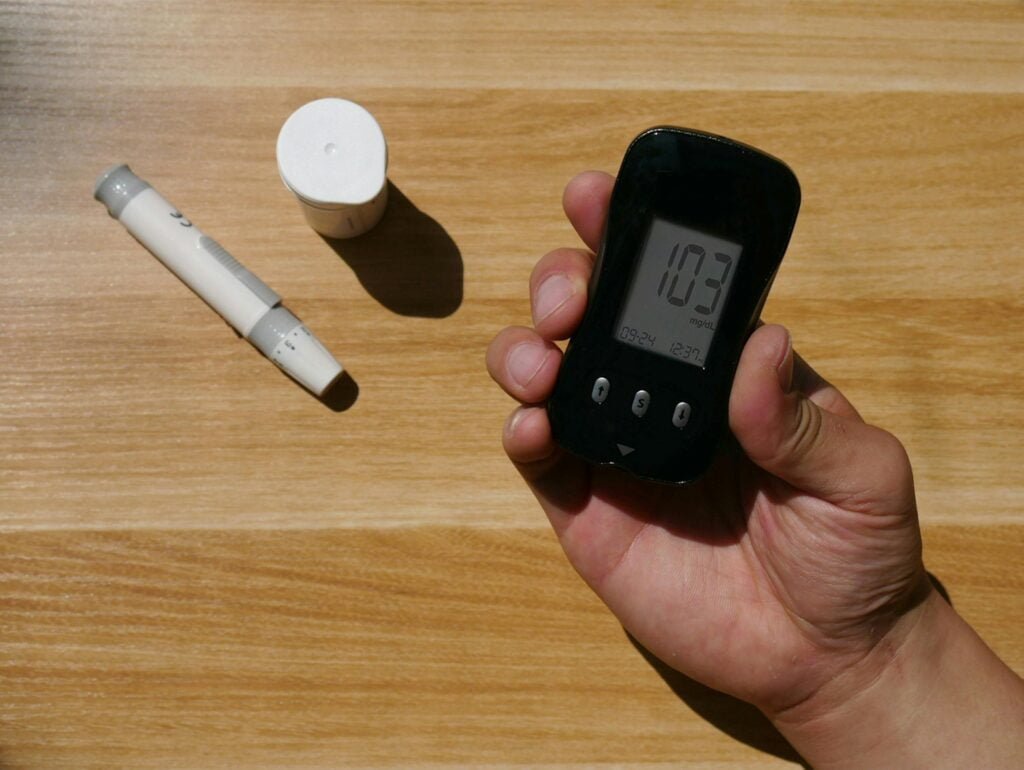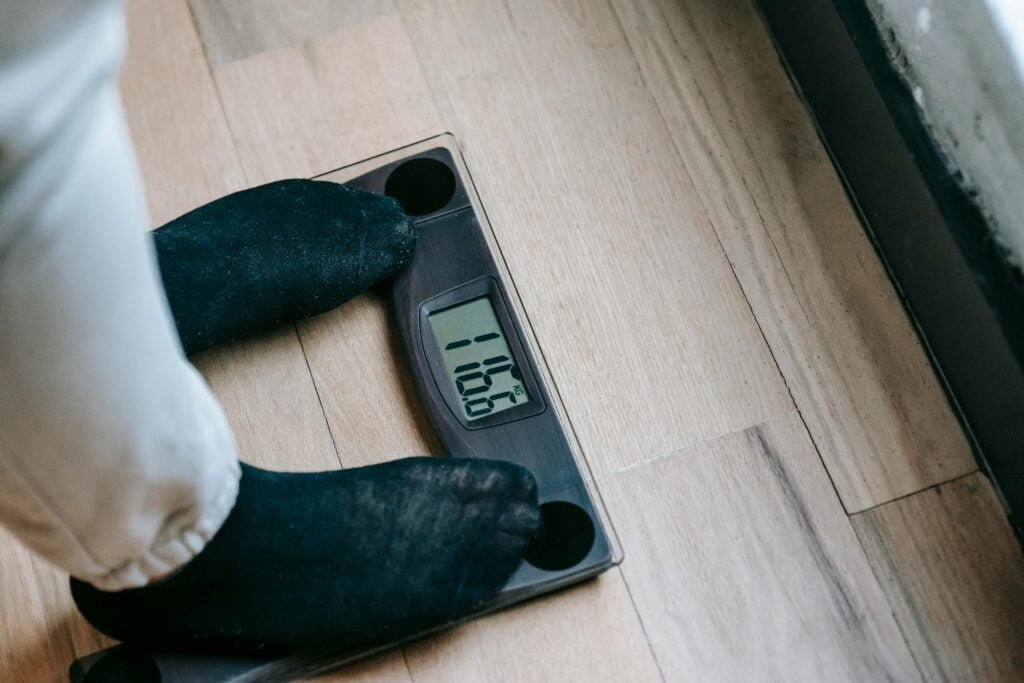High blood pressure, or hypertension, is a widespread health issue impacting millions around the world. Often termed the “silent killer,” it can silently advance, potentially leading to serious health issues like heart disease, stroke, and kidney failure. Fortunately, managing and reducing blood pressure is achievable through a blend of lifestyle modifications, dietary changes, and natural interventions. This guide provides a comprehensive approach to effectively lowering your blood pressure and enhancing your overall well-being.
Understanding Blood Pressure

To effectively manage blood pressure, it’s crucial to grasp what it entails. Blood pressure is the force exerted by blood against the arterial walls as the heart pumps. It is measured in millimeters of mercury (mm Hg) and represented by two figures:
- Systolic Pressure (the first number): This indicates the pressure in the arteries when the heart beats.
- Diastolic Pressure (the second number): This measures the pressure in the arteries when the heart rests between beats.
A normal reading is below 120/80 mm Hg, while hypertension is diagnosed when readings persistently exceed 130/80 mm Hg.
1. Embrace a Heart-Healthy Diet

Your dietary choices are pivotal in managing blood pressure. Consider these adjustments:
- Increase Fruit and Vegetable Intake: A diverse array of fruits and vegetables provides vital nutrients, such as potassium, which helps balance sodium levels and reduces arterial pressure.
- Incorporate Whole Grains: Foods like oats, quinoa, and brown rice, rich in fiber, can contribute to lower blood pressure.
- Opt for Healthy Fats: Replace saturated and trans fats with healthier alternatives like olive oil, avocados, and nuts. Omega-3 fatty acids from fatty fish can also be beneficial.
- Cut Down on Sugar: Excessive sugar intake, especially from sugary drinks and snacks, can lead to weight gain and elevated blood pressure. Prefer natural sweetness from fruits.
2. Engage in Regular Physical Activity

Exercise stands as one of the most effective means of lowering blood pressure. Consistent physical activity strengthens the heart, enabling it to pump blood more efficiently. Recommended practices include:
- Strive for 150 Minutes of Moderate Exercise Weekly: Activities such as brisk walking, cycling, swimming, or dancing can significantly lower blood pressure.
- Include Strength Training: Building muscle with exercises like weight lifting or bodyweight routines enhances cardiovascular health and helps in reducing blood pressure.
- Explore High-Intensity Interval Training (HIIT): Alternating short bursts of intense activity with rest periods can be highly effective in managing blood pressure.
3. Achieve and Maintain a Healthy Weight
Excess weight imposes additional strain on the heart, resulting in higher blood pressure. Even modest weight loss can positively impact blood pressure levels. Discover the key strategies for keeping your weight in check:
- Set Practical Weight Loss Goals: Aim for a gradual reduction of 1-2 pounds per week through balanced diet and exercise.
- Monitor Progress: Keep a record of your weight, diet, and physical activity to stay on track.
4. Manage Stress Effectively

Chronic stress can elevate blood pressure. Managing stress is vital for overall health. Techniques to consider include:
- Practice Relaxation Methods: Techniques such as deep breathing, meditation, and progressive muscle relaxation can aid in lowering blood pressure.
- Engage in Enjoyable Activities: Pursuits like reading, gardening, or painting can reduce stress.
- Seek Professional Help: If stress becomes overwhelming, consulting a therapist or counselor can offer valuable coping strategies.
5. Limit Alcohol and Avoid Tobacco

Alcohol and tobacco significantly impact blood pressure. Manage their effects as follows:
- Moderate Alcohol Consumption: Limit intake to no more than one drink per day for women and two for men to prevent blood pressure from rising.
- Quit Smoking: Smoking harms blood vessels and increases blood pressure. Stopping smoking can significantly enhance the health of your heart.
6. Prioritize Quality Sleep

Adequate sleep is crucial for blood pressure regulation. Not getting enough restful sleep may increase your risk of developing hypertension. Improve sleep habits with these tips:
- Aim for 7-9 Hours of Sleep Per Night: Maintain a consistent sleep schedule, even on weekends.
- Address Sleep Disorders: If you suspect a sleep disorder like sleep apnea, consult a healthcare provider for proper diagnosis and treatment.
7. Monitor Your Blood Pressure Regularly

Regular monitoring is essential for managing hypertension. Effective practices include:
- Utilize a Home Blood Pressure Monitor: Regular home readings provide a more accurate assessment of your blood pressure.
- Keep a Record: Track your blood pressure readings over time and share them with your healthcare provider during visits.
- Follow Medical Advice: If prescribed medication, take it as directed and report any side effects to your doctor.
8. Explore Natural Supplements

Certain natural supplements may aid in lowering blood pressure, though always consult a healthcare provider before starting any new supplement. Options include:
- Potassium: Assists in balancing sodium levels and reducing blood pressure.
- Magnesium: Helps relax blood vessels and can lower blood pressure.
- Omega-3 Fatty Acids: Found in fish oil, these reduce inflammation and lower blood pressure.
Conclusion
Managing blood pressure requires a multifaceted approach, incorporating lifestyle adjustments, dietary changes, stress management, and regular monitoring. By adopting these strategies, you can mitigate the risk of hypertension and enhance your overall health. Collaborate with your healthcare provider to develop a tailored plan that meets your individual needs, and take proactive steps towards a healthier, longer life.